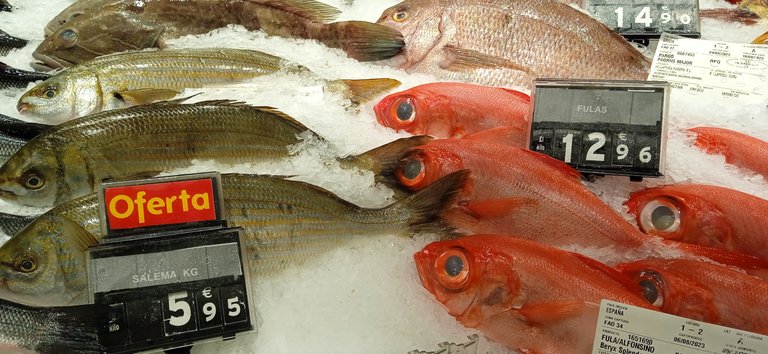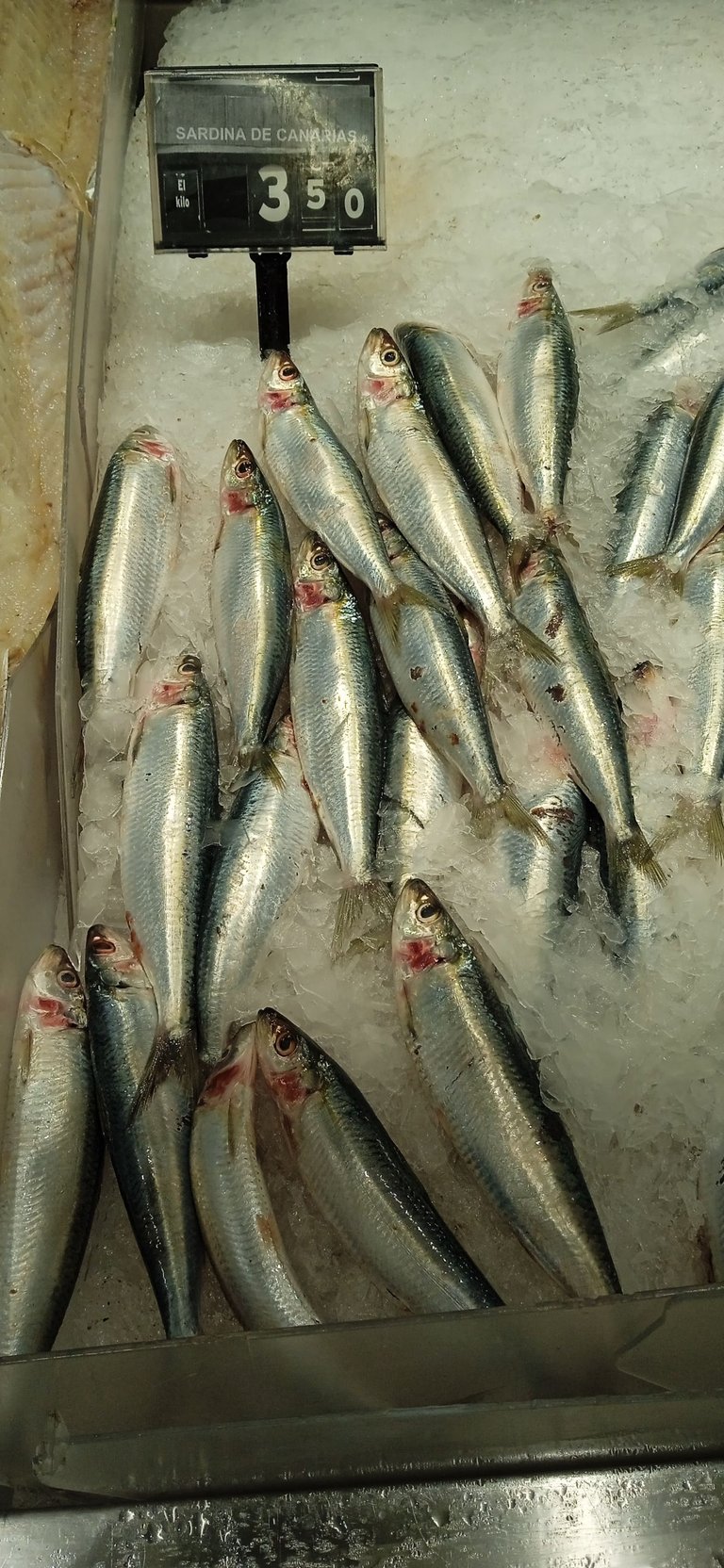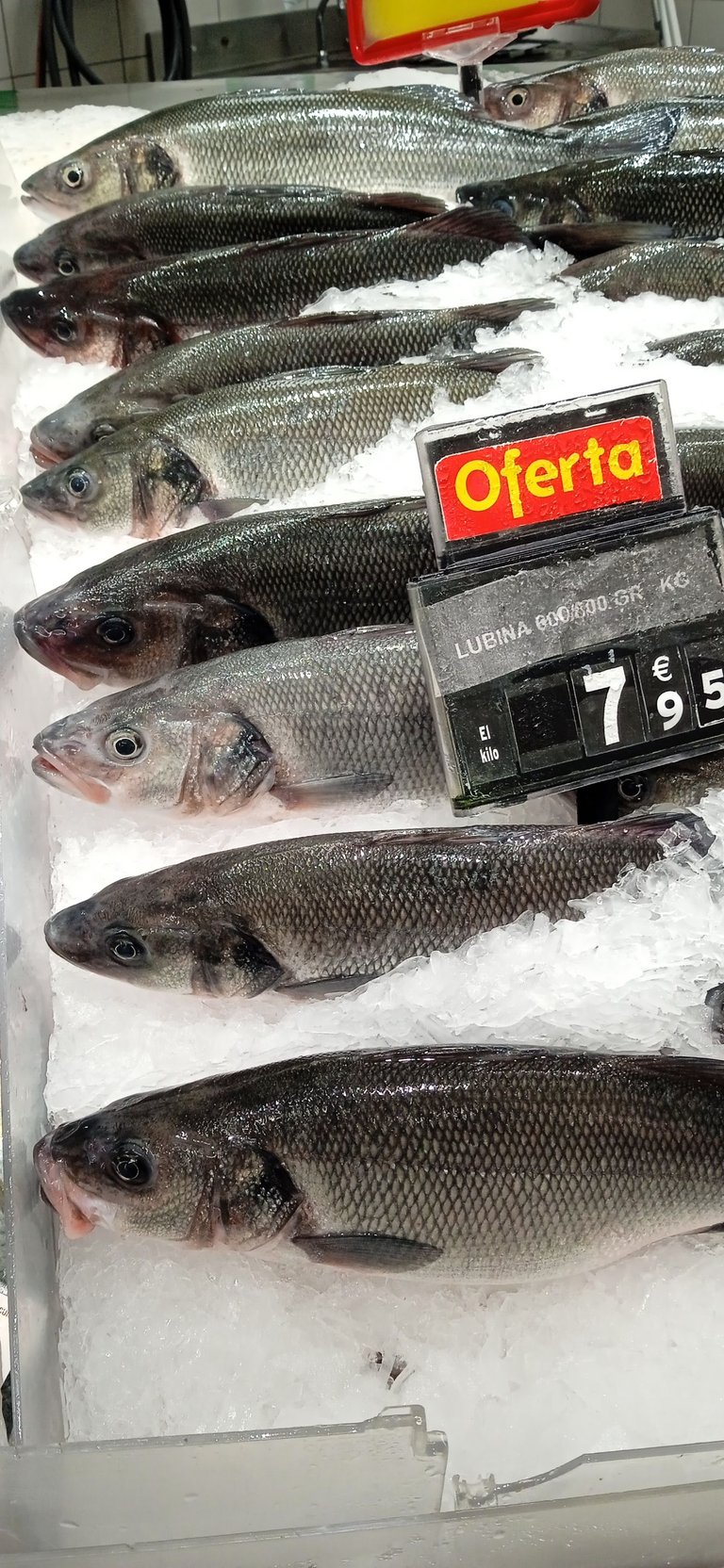El hambre es uno de los principales problemas a resolver en el mundo, cosa que debería hacerse en las próximas décadas si de verdad podríamos presumir de tantos avances tecnológicos para dicho futuro. Como ingeniero, veo esto más como un problema a resolver que un tema. Sin embargo, creo que se requiere mucho más que soluciones físicas a este problema, e intentaré explicar esto.
Este es el enlace de la iniciativa: Iniciativa: El hambre ¿Tema o Problema?. En la comunidad Humanitas.

Es un tema un poco delicado, pero graves problemas requieren soluciones disruptivas. Imagínate un mundo con países o ciudades super desarrolladas, y personas que viven sin preocuparse en lo más mínimo por la comida, o ni siquiera piensan en ello. Luego, millones de personas por fuera sufriendo hambre y pobreza. Este pareciera ser nuestro futuro si no se resuelve el tema del hambre en el mundo. Creo que no estamos muy lejos de llegar a ese punto, tal como en una película distópica.
Sin embargo ¿Qué me dirías si te dijera que la pobreza y el hambre en el mundo se han venido reduciendo en las últimas décadas y que estamos mejor que nunca? (fuente) Esto puede sonar altisonante respecto a todo lo que vemos y escuchamos a diario, pero, falso creo que no es. Sin embargo, siguen habiendo millones de personas que aún están en la pobreza y tienen hambre, y hay zonas específicas del mundo en donde esto podría estar aumentando en lugar de estar reduciéndose, sobre todo luego de la pandemia, por lo que tampoco podemos decir que todo está bien.
Si eres venezolano, al igual que yo, muy probablemente hayas vivido años complicados respecto a este tema. Recuerdo la grave escaces de productos alimenticios básicos que se pronunció en el año 2016. Sin embargo, mi peor año respecto al hambre fue el 2018, llegando a pesar 45 Kg. Recuerdo que hubo 1 o 2 semanas en las que sólo comí yuca y granos. Actualmente vivo en España, pero igualmente he visto gente en la calle pidiendo comida, por lo que creo que prácticamente ningún país está excento.
Y... ¿Cuál es la solución?
La lógica nos hace pensar que hay un problema de distribución de alimentos en el mundo, y que resolviendo esto se resuelve todo. Sin embargo, creo que esto sólo podría ser capaz de resolver el problema por un tiempo corto, y luego todo seguiría igual que antes, o incluso peor. Dedicar esfuerzos a distribuir mejor la comida que se produce en el mundo es una solución parcial o provisional para casos urgentes, pero no una solución estructural al problema. Ya lo vivimos en Venezuela, repartir comida gratis o a un menor precio no soluciona el problema de fondo, y muchas veces lo empeora.
Distribuir mejor la comida que se produce en el mundo, la cual quizás podría decirse que es más que suficiente para todos, implica muchas cosas, costos de transporte y logística. Quizás hay comida de sobra en el mundo, pero dinero (o disposición) para llevarla a los lugares donde se necesitan quizás no hay. Y ni hablar de la contaminación ambiental que que se generaría con todos esos medios de transporte.
Más o menos por aquí vamos llegando a lo que para mí es la mejor solución y cómo esto se relaciona con lo humano, que es el tema central de esta comunidad. Lo que genera que una sociedad no pase hambre es una combinación de muchos factores, pero más que nada algo así como la educación y una auto-organización que sea capaz de fomentar la producción de riqueza, pero no riqueza en el sentido material o de dinero sino de, simplemente, sustento.


Sustento Humano
Una aldea en África o en Asia, por ejemplo, no necesita de grandes medios de producción industrializados. Creo que hay ciertas acciones que podrían ser más eficaces que distribuir comida. Obviamente, también creo que es necesaria cierta ayuda alimenticia si la situación es urgente o ha habido alguna catástrofe natural.
Algunas acciones que se me ocurren podrían ser el estudio por parte de expertos ambientales quienes podrían aconsejar a la población a extraer más de un recurso o de otro para así evitar su escasez, o directamente aconsejar la migración a otro sitio si los recursos se han acabado.
Esto me hace pensar el caso de algunos Africanos que han llegado a las Islas Canarias últimamente. El gobierno de su país no implementó o aplicó algún plan para evitar la escacez de peces en los mares. Se pescó sin regulación y se acabaron los peces. Gran parte de la población que vivía de la pesca tomó la decisión de migrar. Esto lo escuché de alguien que trabaja en una ONG de inmigración.
Otra solución podría ser un poco más tecnológica y hasta educativa. Los paneles solares, cocinas y artefactos que funcionan con sol, entre otros, son soluciones relativamente económicas. También, la educación puede ser clave para que una persona y una sociedad en general sepa qué hacer y cómo organizarse ante algún tipo de escasez.
“Dale un pez a un hombre y comerá hoy. Enséñale a pescar y comerá el resto de su vida”
Sé que quizás algunos no estén de acuerdo con esta frase o parezca un poco cruel en el caso de personas que están muy mal alimentadas y a penas estén en condiciones de pensar claramente, pero creo que tiene mucho de sentido. La ayuda directa debería darse en estos casos más urgentes, pero opino que ninguna sociedad, pueblo o grupo de personas debería depender de otros únicamente para comer. Esto también nos debe hacer reflexionar acerca de la facilidad que tenemos para ir al mercado y qué haríamos si nos tocara cosechar comida o criar de animales para comer, cosa que era lo normal hasta no hace mucho tiempo.
Sin embargo, creo que no estamos muy lejos de erradicar el hambre en el mundo con sólo hacer algunas cosas bien como humanidad en las próximas décadas. Estamos más cerca que nunca de hacerlo, aunque suene raro decirlo.
¡Gracias por leer! e invito a participar en esta iniciativa a @felixmarranz @enraizar @soyunasantacruz

Click here for the English Version
Hunger is one of the main problems to be solved in the world, something that should be done in the next decades if we could really boast so many technological advances for such a future. As an engineer, I see this more as a problem to be solved than an issue. However, I believe that much more than physical solutions to this problem are required, and I will try to explain this.
Here is the link to the initiative: Initiative: Hunger Issue or Problem?. In the Humanitas community.

It's a bit of a touchy subject, but serious problems require disruptive solutions. Imagine a world with super-developed countries or cities, and people living without the slightest concern for food, or not even thinking about it. Then millions of people on the outside suffering from hunger and poverty. This seems to be our future if world hunger is not solved. I think we are not far from that point, just like in a dystopian movie.
However What would you say if I told you that poverty and hunger in the world have been decreasing in the last decades and that we are better off than ever? (source) This may sound high-flown relative to everything we see and hear on a daily basis, but, false I believe it is not. However, there are still millions of people who are still poor and hungry, and there are specific areas of the world where this could be increasing rather than decreasing, especially after the pandemic, so we can't say that everything is fine either.
If you are Venezuelan, like me, you have probably lived through some difficult years regarding this issue. I remember the severe shortage of basic food products that was pronounced in 2016. However, my worst year regarding hunger was 2018, reaching 45 kg. I remember there were 1 or 2 weeks where I only ate cassava and grains. I currently live in Spain, but equally I have seen people in the street begging for food, so I think that practically no country is exempt.
And... What is the solution?
Logic makes us think that there is a food distribution problem in the world, and that solving this solves everything. However, I believe that this might only be able to solve the problem for a short time, and then everything would continue as before, or even worse. Dedicating efforts to better distribute the food produced in the world is a partial or temporary solution for urgent cases, but not a structural solution to the problem. As we have already seen in Venezuela, distributing food for free or at a lower price does not solve the underlying problem, and often makes it worse.
To better distribute the food that is produced in the world, which perhaps could be said to be more than enough for everyone, implies many things, transportation and logistics costs. There may be plenty of food in the world, but the money (or willingness) to get it to the places where it is needed may not be there. Not to mention the environmental pollution that would be generated with all those means of transportation.
More or less this way we are getting to what for me is the best solution and how this relates to the human, which is the central theme of this community. What generates that a society does not go hungry is a combination of many factors, but more than anything else something like education and a self-organization that is able to promote the production of wealth, but not wealth in the material sense or money but simply sustenance.


Human Livelihood
A village in Africa or Asia, for example, does not need large industrialized means of production. I think there are certain actions that could be more effective than distributing food. Obviously, I also believe that some food aid is necessary if the situation is urgent or if there has been a natural disaster.
Some actions that come to mind could be the study by environmental experts who could advise the population to extract more of one resource or another to avoid shortages, or directly advise migration to another site if the resources have run out.
This makes me think of the case of some Africans who have arrived in the Canary Islands lately. The government of their country did not implement or apply any plan to avoid the scarcity of fish in the seas. They fished without regulation and ran out of fish. A large part of the population that lived from fishing made the decision to migrate. I heard this from someone who works for an immigration NGO.
Another solution might be a bit more technological and even educational. Solar panels, solar-powered stoves and solar-powered appliances, among others, are relatively inexpensive solutions. Also, education can be key for a person and a society in general to know what to do and how to organize in the face of some kind of shortage.
"Give a man a fish and he eats today. Teach him to fish and he will eat for the rest of his life"
I know that some may not agree with this phrase or it may seem a bit cruel in the case of people who are very poorly fed and barely able to think clearly, but I think it makes a lot of sense. Direct help should be given in these more urgent cases, but I am of the opinion that no society, people or group of people should depend on others only to eat. This should also make us reflect on how easy it is for us to go to the market and what we would do if we had to harvest food or raise animals to eat, which was the norm until not so long ago.
However, I believe that we are not far away from eradicating world hunger just by doing a few things right as humanity in the next few decades. We are closer than ever to doing so, as strange as it sounds to say.
Translated to English language with the help of DeepL.com
Otras redes sociales:
 |
 |
 |
F1 & motorsports: @acontmotor
Expresión Creativa. Literatura | Entretenimiento | Arte: @acontblog
| ¡Gracias por visitar! — ¡Thanks for visiting!  |
Ojalá este problema tuviera una solución práctica, fácil y ecológica. Considero que es un problema que beneficia a muchos gobiernos, ya que mientras más hambriento este pueblo es más fácil manipularlo, pero no quiero caer en temas políticos.
Lamento que sufrieras en carne propia la escasez que vivimos en esa época, yo también adelgace mucho, quede pesando 55 kilos, pero fue porque tenía que caminar entre 8 y 10 kilómetros todos los días a buscar los alimentos, ya que no había transporte público por la falta de gasolina y repuestos, yo estuve feliz de perder esos kilos je, je, je porque si cambie mi alimentación, nada de azúcar, nada frito, nada de harinas, entonces me beneficio de alguna forma; sin embargo, me quedo un mal recuerdo, fue que a mi perrito por 3 días tuve que darle granos para no darle yuca y otras cosas que le caían, pero al 3 día no quiso y que no comiera me afecto emocionalmente.
Gracias por la invitación. Si me sale algo lindo, seguro participo.
Hola @acont.
Intentaré plasmar mi punto de vista mañana, Dios mediante. Algunas experiencias compartidas nos dan perspectivas similares, pero no iguales. Coincido en la importancia de la educación por sobre la caridad, y promover la conciencia del esfuerzo honesto.
Mañana les cuento mi visión sobre el asunto.
Me ha impresionado tu testimonio sobre el hambre en Venezuela, creo que el problema es grave y se va agravando. Los datos que das son del 2015, pero los últimos de la OMS em 2021 vienen a decir que vuelve a aumentar el hambre en el mundo Enlace.
No tengo una opinión clara del problema, al marge de la inmoralidad de que esto ocurra en el siglo XXI. Veré, si puedo subir algo, que al mismo tiempo me ayude a reflexionar sobre esta cuestión.
Muchas gracias por la mención y un saludo muy grande @acont
Congratulations @acont! You have completed the following achievement on the Hive blockchain And have been rewarded with New badge(s)
Your next target is to reach 39000 upvotes.
You can view your badges on your board and compare yourself to others in the Ranking
If you no longer want to receive notifications, reply to this comment with the word
STOPCheck out our last posts: